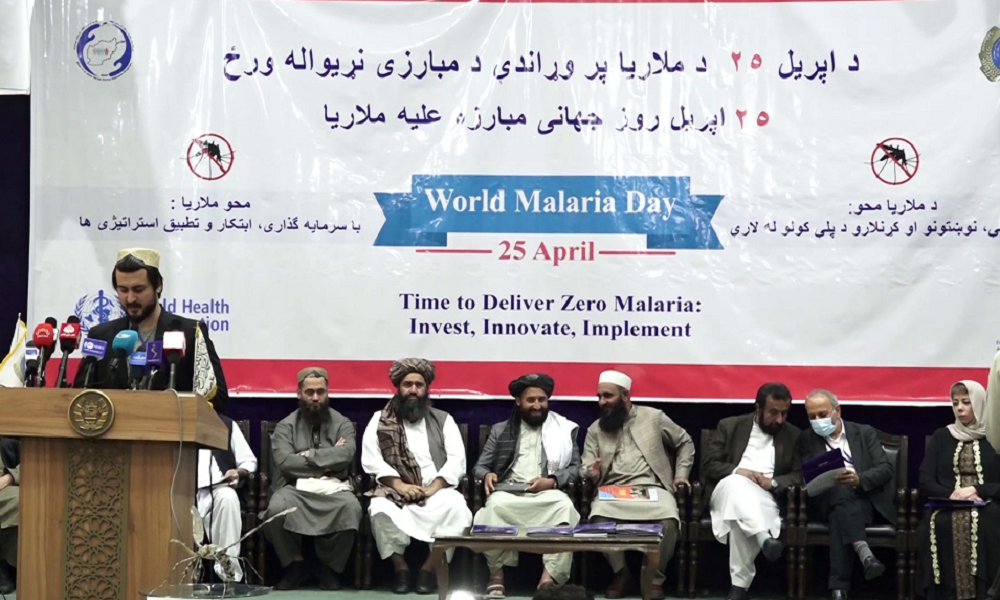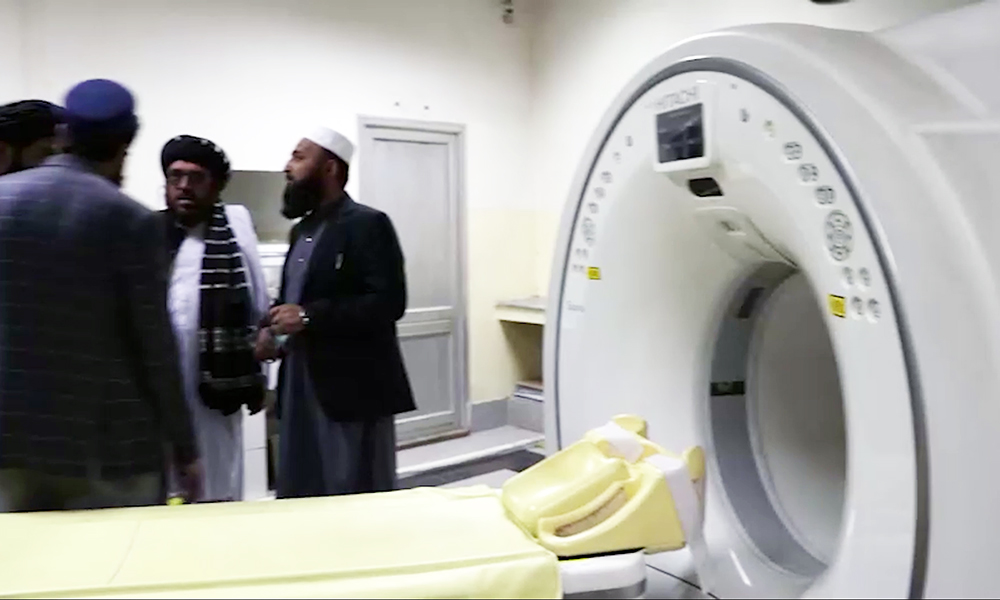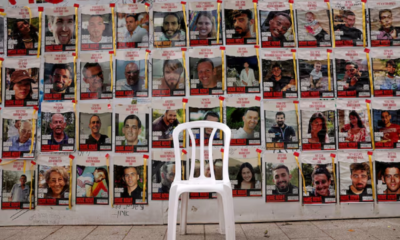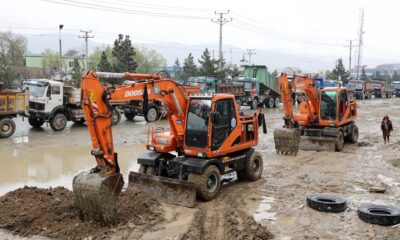Health
Health ministry marks World Malaria Day in Kabul

The Ministry of Public Health (MoPH) says more than one million cases of malaria were reported in 34 provinces of Afghanistan in 2022.
Marking World Malaria Day in Kabul under the title “Time to Deliver Zero Malaria, Invest, Innovate, Implement” Habibullah Akhundzada, deputy minister of public health, said that last year, 90 percent of malaria cases were recorded in eastern provinces such as Nangarhar, Laghman, Kunar and Nuristan.
The ministry officials also said that in 2022, malaria cases were reported in 84 countries.
In this event, representatives of the World Health Organization (WHO) and the United Nations Development Program (UNDP) assured Afghanistan of full their cooperation over treatment, prevention, and eradication of malaria.
“The United Nations Development Program together with the ministry of public health, National Malaria Program and partners have played a very important role in malaria control in Afghanistan,” said Soraya, a representative of UNDP.
“We really hope this cooperation will lead to the elimination of malaria in the near future, we have to work together to put together our hands to make this happen.”
“This day is commemorated all over the world for two main reasons, we celebrate our successes in the fight against malaria and at the same time, we highlight the responsibility we all have to eliminate malaria for good,” said Mohammad Akhtar, head of the CDC and NDC department of WHO in Afghanistan.
Doctors meanwhile attributed the increase in the prevalence of malaria to the lack of access to health centers, of patients not being diagnosed quickly, and stagnant water, saying that malaria is still a serious threat to Afghanistan.
Since 2000, the world has reportedly made historic progress against malaria and saved millions of lives.
However, half of the world’s population is still at risk of malaria, which is a preventable and treatable disease.
According to reports, children under five years old, pregnant women, people with low immune systems, immigrants and displaced persons are more at risk.
Health
Azerbaijan urged to help improve capacity of Afghan health workers

Acting Minister of Public Health Qalandar Ebad, in a meeting with Azerbaijan’s ambassador, Ilham Mohammadov, called for the country’s assistance in improving the capacity of Afghanistan’s health workers.
The two sides also discussed cooperation in the health sector, capacity building of Afghan health workers, and Azerbaijan’s role in the health sector and other issues, according to a statement released by the Public Health Ministry.
Azerbaijan’s envoy said that his country seeks to cooperate with Afghanistan in a sustainable manner in the field of health.
In other news, the foundation stone for the construction of oxygen production facility was laid at the Indira Gandhi children hospital in Kabul.
Officials of the Ministry of Public Health said that the facility will be built with the financial and technical assistance of the World Health Organization, and with the capacity to produce 200 cylinders of oxygen daily to meet not only the needs of the hospital, but also other health facilities.
Health
Balkh health officials report sharp increase in number of cancer patients

Balkh Public Health Department officials say there has been a significant increase in the number of patients with cancer in the province.
“In 1401, about 2,613 OPD (out patient department) cases were registered with us. In 1402, these figures were 4,912 cases,” said Ehsanullah Kaliwal, the head of the oncology department at Balkh Regional Hospital.
Some doctors say genetic factors, environmental pollution, arbitrary use of medicines, and excessive consumption of meat were reasons for the sharp increase.
One doctor said cancer was also hereditry.
However, a large percentage of cancer patients in Balkh have stomach cancer. Many of them have appealed for the government to improve treatment facilities.
According to health officials, in the first month of this solar year (April), 423 cancer patients visited this hospital for treatment.
Health
Majority of Afghans with mental disorders are women: officials

Based on last year’s data, 52 percent of people with mental disorders in Afghanistan are women, the Ministry of Public Health said.
However, after the Islamic Emirate took over the country and with the improvement of nationwide security and the provision of better health services, mental disorders have decreased, the ministry said.
“Overall, the mental security of men and women in Afghanistan is not ensured and their mental security is disturbed. According to the figures shared with us, in 2023, 52 percent of the visitors for mental disorders were women,” said Sharaft Zaman Amarkhil, the spokesperson of the Ministry of Public Health.
“Generally speaking, we can say that compared to the past, the instances of mental illnesses have decreased,” he added.
People suffering mental disorders mostly refuse to share their problem, willingly or unwillingly.
“There are many problems at home; We are poor. I finished school, but didn’t find any job,” Ansar, a mentally ill person, said.
According to the World Health Organization (WHO), half of Afghanistan’s population suffers from mental distress.
Factors such as unemployment, poverty, domestic violence, ban on girls’ and women’s education and work, and drugs are said to be key contributors to mental distress.
-

 Latest News4 days ago
Latest News4 days agoRashid Khan named AWCC’s brand ambassador
-

 World4 days ago
World4 days agoMalaysian navy helicopters collide in mid-air, 10 killed
-

 Sport4 days ago
Sport4 days agoJaiswal ton powers Rajasthan to big IPL win
-

 World4 days ago
World4 days agoNorth Korea officials visit Iran in a rare public trip
-

 Latest News5 days ago
Latest News5 days agoAt least 1,500 families affected by recent floods: IRW
-

 Sport4 days ago
Sport4 days agoMawj Sahil player scores stunning halfway line goal in 1-0 win over Jawanan Wahedi
-

 Sport3 days ago
Sport3 days ago‘Serious talent’ Fraser-McGurk bonds with Warner to light up IPL
-

 Latest News4 days ago
Latest News4 days agoUS report cites ‘significant deterioration’ in Afghan women’s rights last year























